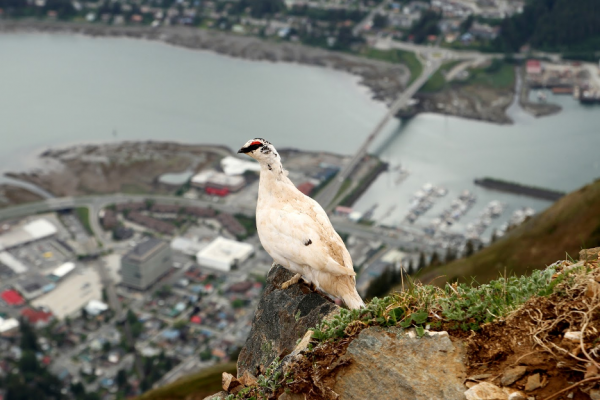“There is actually a lot we can do to help systems cope with oncoming climate change,” says Simon Fraser University biology professor and author Jonathan Moore, who with University of Washington professor Daniel Schindler, reviewed and assessed the potential benefits of forward-looking approaches. “From restoring connectivity to reducing local stressors to conserving future habitats—all of these proactive approaches can help the ecosystems that we rely upon to adapt to climate change.”
With that in mind, in order for species and ecosystems to adapt and be resilient it is critical to move beyond preservation-oriented approaches and include those that enable ecological change, Schindler notes. “Local efforts to conserve biodiversity and regenerate habitat complexity will also help maintain a diversity of future options for species and ecosystems in an unpredictable future.”
While species movement into new habitats has been key to the biosphere’s adaptive response to a changing world, climate change is also transforming those ecosystems, leading to the loss of some species and the addition of others.
Read more at: Simon Fraser University
Human activities and infrastructure, such as cities and roads, may reduce future options for species as they need to move to keep pace with climate change. Shown is a willow ptarmigan above a port city. (Photo Credit: Chris Sergeant)


